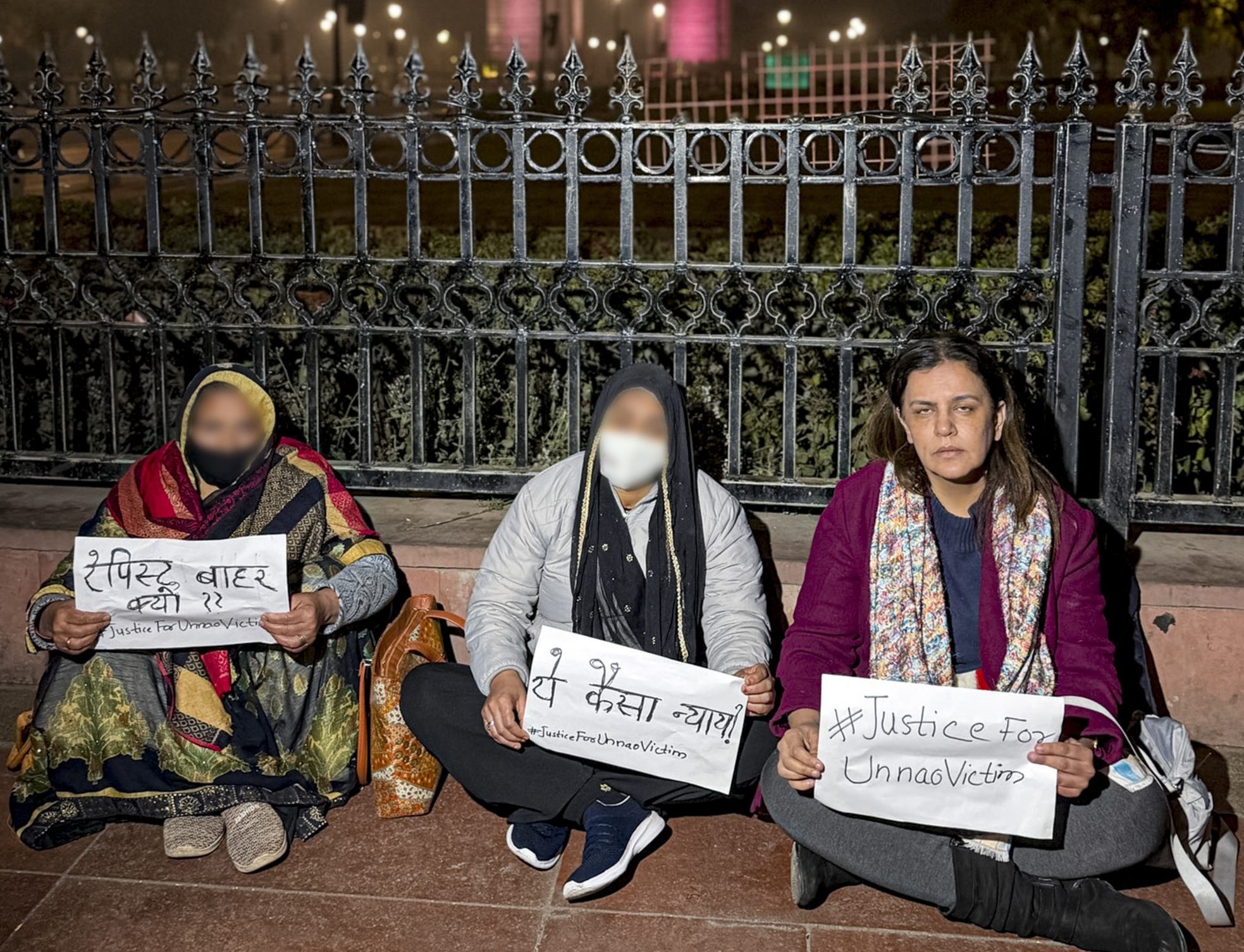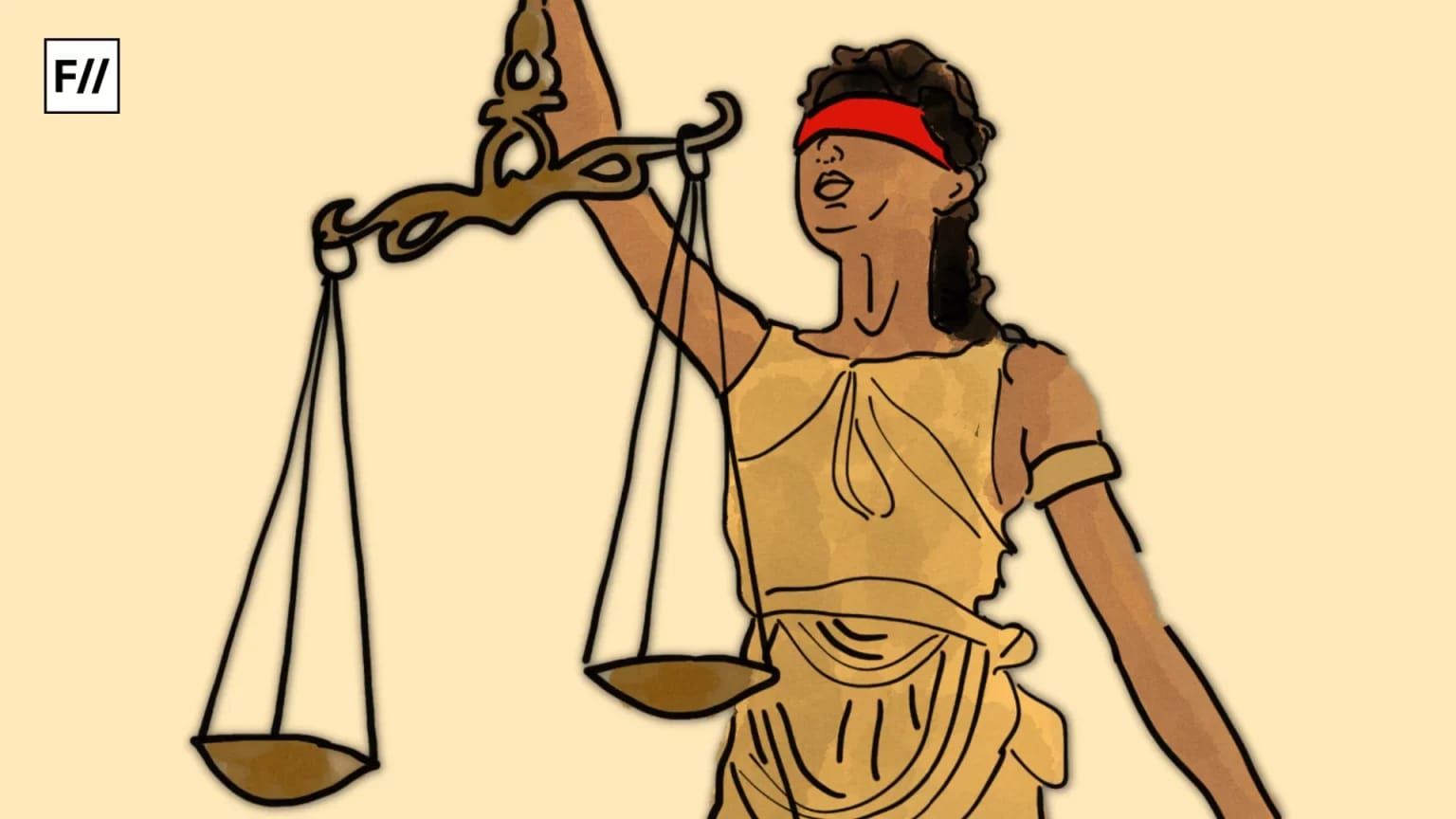In a recent report by FII “Violence” Online in India: Cybercrimes Against Women & Minorities on Social Media, the findings revealed that 36% of the 500 respondents, who had been victims of online abuse or harassment, took no action at all. Further of the 30% that did report online harassment to a law enforcement agency, only 11% seemed to be satisfied with the response, while 38% of them characterized the response as ‘not at all helpful’. What was alarming, however, was that 30% of the surveyed respondents said they were not aware of the cyber laws, which could offer them protection from online abuse and harassment.
In the previous piece, we have discussed in detail, the provisions of law which criminalizes certain acts on the internet and how the same can come to the aid of victims of online abuse. In this aspect, a comprehensive framework of penal laws that govern the cyber space is yet to be formulated. However, for the laws under the Indian Penal Code and the provisions of the Information Technology Act that do make certain offences punishable, the same can be reported either to a police station by way of a First Information Report or to a Cyber Cell in the city.

Image Credit: Feminism in India
Reporting an offense to a Cyber Crime Unit
- Cyber Crime Cells have been set up in the cities listed below:
- Assam
- Carlton, House, Bangalore
- Vepery, Chennai
- Hyderabad
- New Delhi (Malviya Nagar & Lodhi Road)
- Thane
- Mumbai
- Pune
- Gujarat (Police Bhawan)
- Gurgaon, Haryana
- Thiruvananthapuram, Kerala
- Patiala, Punjab
- Jammu
- Meghalaya
- Ranchi, Jharkhand
- Patna, Bihar
- Agra, Uttar Pradesh
- Shimla, Himachal Pradesh
- Dehradun, Uttarakhand
- The first step is to register a written complaint to the immediate cyber cell in the city. The Information Technology Act categorically provides that a cyber crime has global jurisdiction, meaning that the crime may be reported in the Cyber Crime Units of any city, irrespective of the place where the act was committed. At the time of filing of the complaint, the person reporting the crime may also be required to provide their name, contact details and mailing address along with the application, which is to be addressed to the Head of the Cyber Crime Cell of the city. A person approaching the police station in a case of cyber harassment is also entitled to seek legal counsel to help report the case and may be asked to provide certain documents along with the complaint, depending on the nature of the crime.
Filing Of A First Information Report & Reporting Offences Covered By The Indian Penal Code
- In case of non-availability of cyber-cells in the city, one can file a F.I.R. in the local police station. In case of non-acceptance of the complaint, one can always refer your complaint to the commissioner or judicial magistrate of the city.
- Offences covered by the Indian Penal Code may also be reported at a local police station by lodging a First Information Report. Under Section 154 of the Code of Criminal Procedure, 1973, every police officer, under the law, is bound to record the complaint or information pertaining to an offence, irrespective of the jurisdiction in which the offence was committed.
- A cognizable offence is one where an arrest can be made without a warrant and investigation may be initiated. Most of the provisions under the Indian Penal Code, which can be stretched to govern cyber crimes, classify the offences therein as cognizable offences.
- Another significant aspect of penal law in this regard is that of a ZERO FIR. When a cognizable offence, i.e. one where an arrest can be made without a warrant and investigation may be initiated, is reported, if the offence committed does not fall within the jurisdiction of the police officer concerned, he may then record what is known as a ZERO FIR and send the same to the Police Station having jurisdiction over the place of commission of the offence
- The purpose of a Zero FIR is to enable easy access to justice to the victims of cases and offences that require immediate action and investigation and no time is wasted on account of the State in bringing the offence on record.
Recourse to Social Media Platforms under their Response Mechanism

Image Credit: Feminism in India
- As per the findings of the report mentioned above, 95 percent of respondents said they were active users of Facebook, while 52% said they were frequent users of Instagram and 50% were active on Twitter. Having discussed the legal provisions in place that may come to the aid of a person being subjected to cyber harassment, reference must also be made to the immediate steps that can be taken with regard to these social media platforms on which the offence is being committed.
- Most social media platforms have a procedure in place for reporting any abusive activity or other such alleged offence. These can be resorted to at the very first instance in order to initiate immediate action to block further activity and also ensure that the privacy and security of other members or users is not compromised.
- Twitter, for example has a formal procedure whereby a user needs to fill out a “Report Abusive User” Form to report a violation.
- Similarly, Facebook too has an option to report an offensive post or block a user account sending out violative material. The best way to report offensive content on Facebook is via the report link or by filling out the feedback form available on the Facebook Help Centre Page.
- For users of Snapchat, Instagram and other online media sharing applications and platforms too, the first option available is to report abusive content to the help centres of the respective applications.
- YouTube also has a review policy and the reporting an Enforcement Center gives the users options to report a privacy violation, abusive content or even a legal complaint.
- Every online networking platform has a redressal mechanism which can be resorted to by the victims of harassment in order to ensure no further offence can be committed and those already committed can be reported to the concerned platforms, the record of which may further be of evidentiary aid in criminal proceedings, if initiated
- However, there is a need to adopt stricter policies with regard to online harassment and abuse. Over half (52%) of respondents surveyed for the FII report wanted social media platforms to adopt stricter standards for content posted on their site, and the ability to report and block abuse more quickly.
About the author(s)
Graduate from Lady Sri Ram College & Faculty of Law, University of Delhi. Currently working as a Law Researcher at the High Court Of Delhi.





If you want report a cyber complaint i suggest the best way to report cyber complaint http://www.cybercomplaint.in its a legal firm at affordable cost.